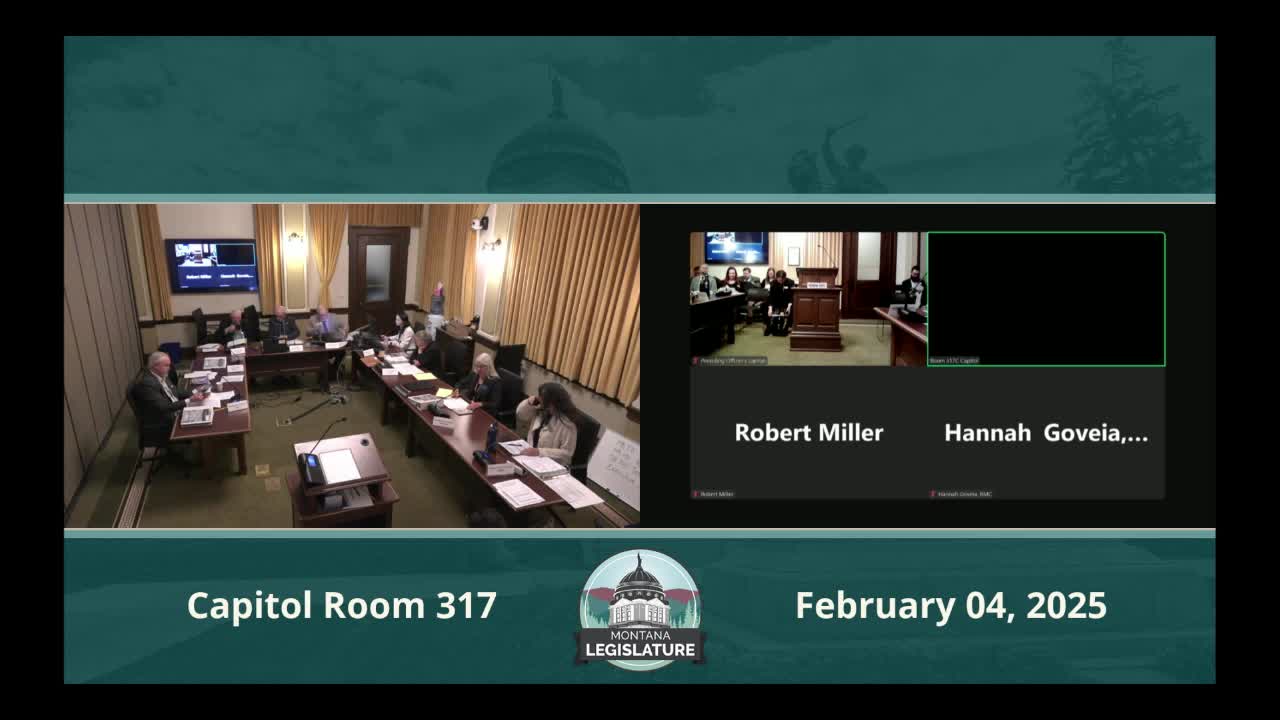Article not found
This article is no longer available. But don't worry—we've gathered other articles that discuss the same topic.
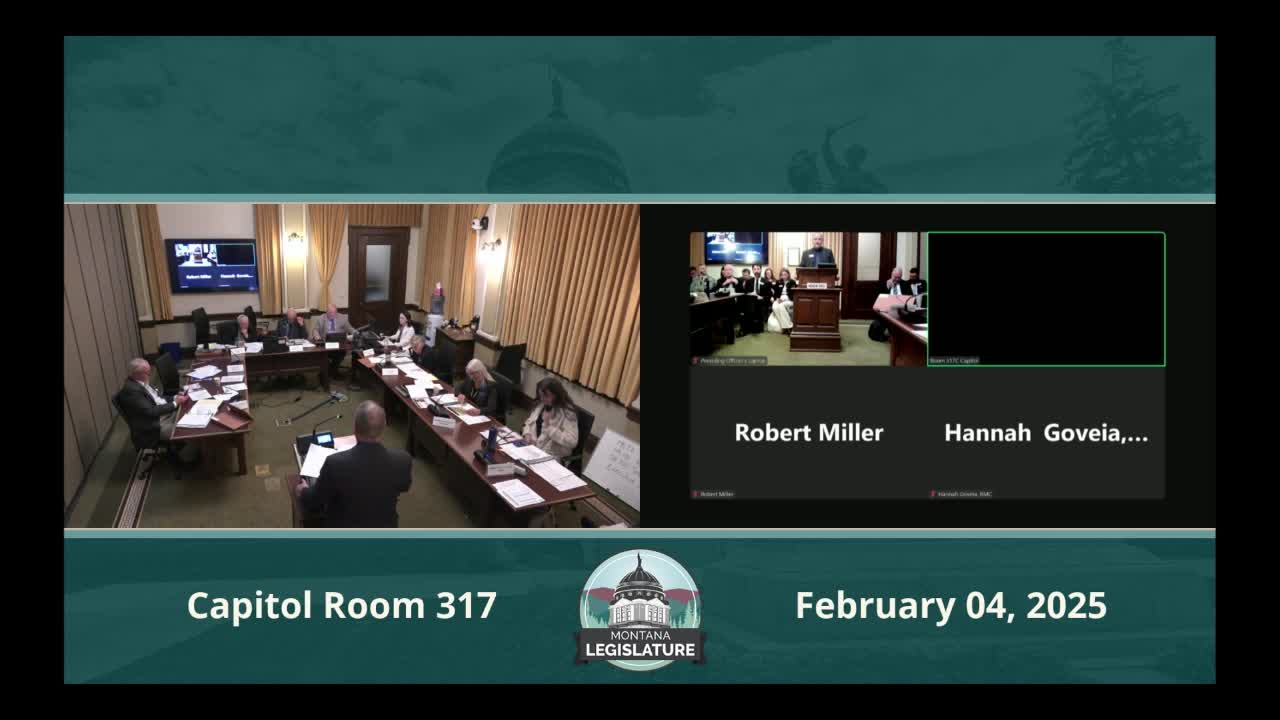
Enforcement asks for seven game wardens, sergeant pay increase and overtime/equipment funding
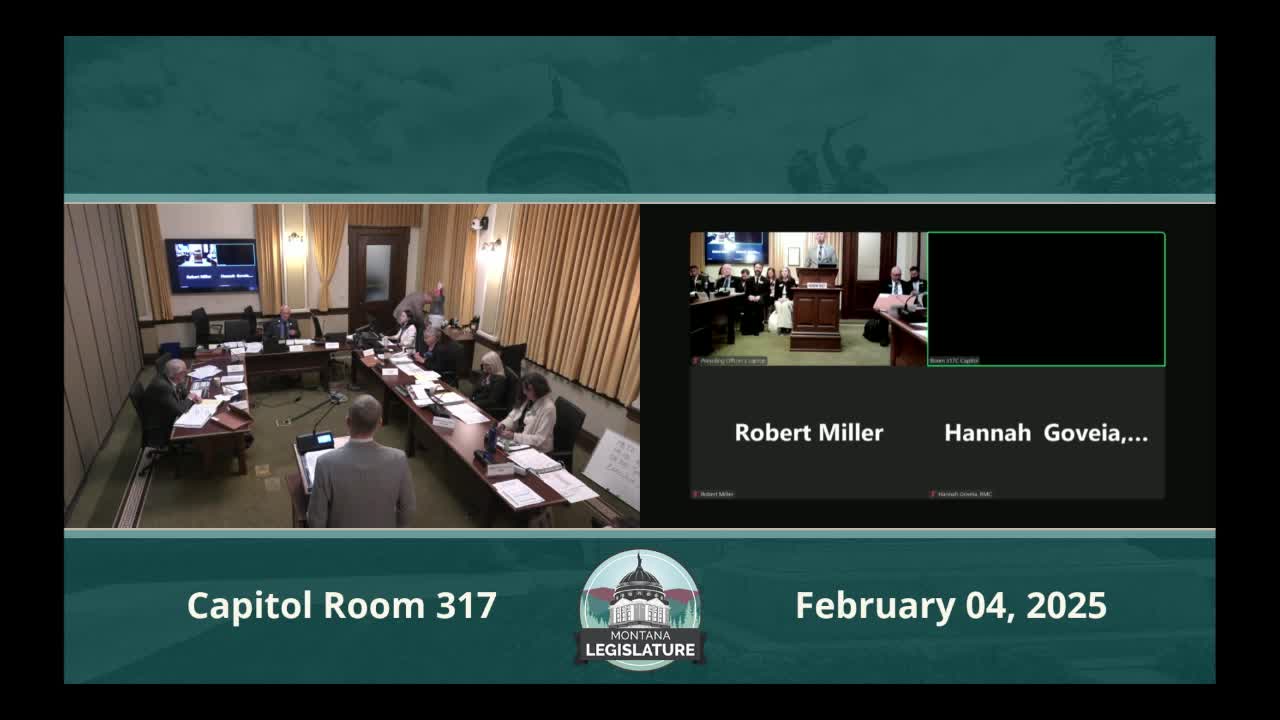
Fisheries division requests staff for MDT stream permitting and funds for non-game monitoring
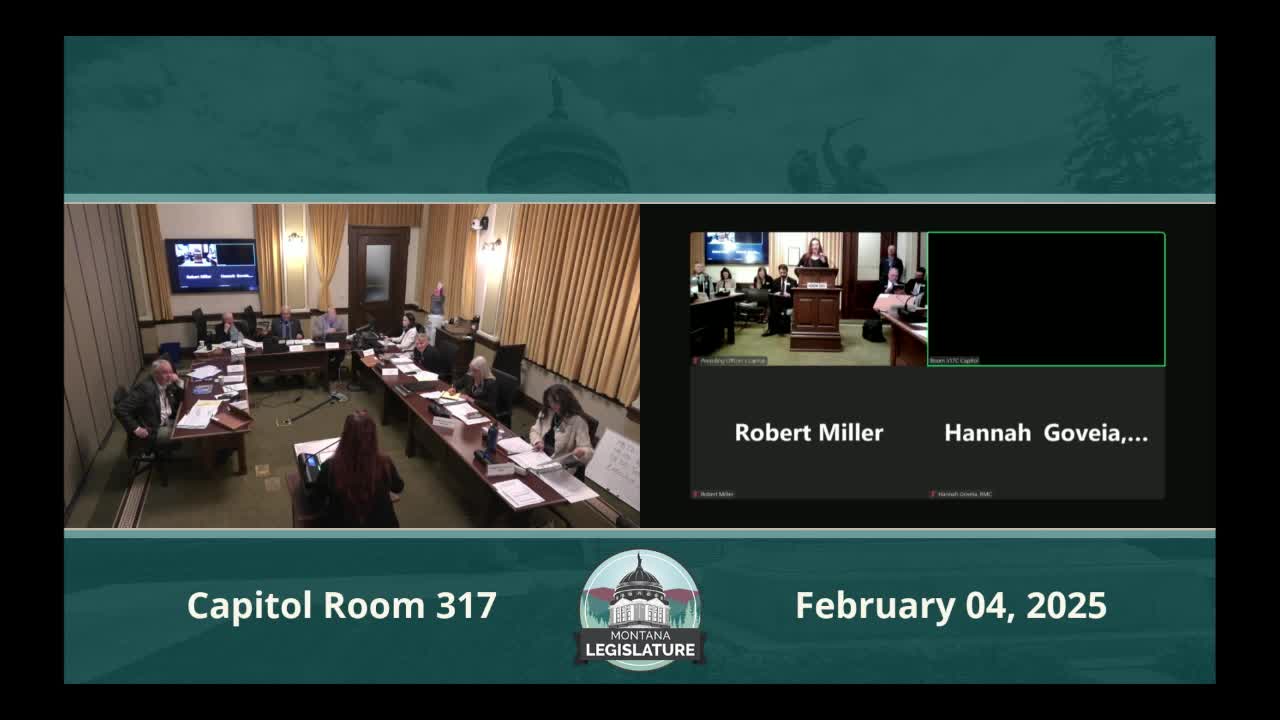
FWP seeks funding to modernize website, mobile app and centralized contract/volunteer systems
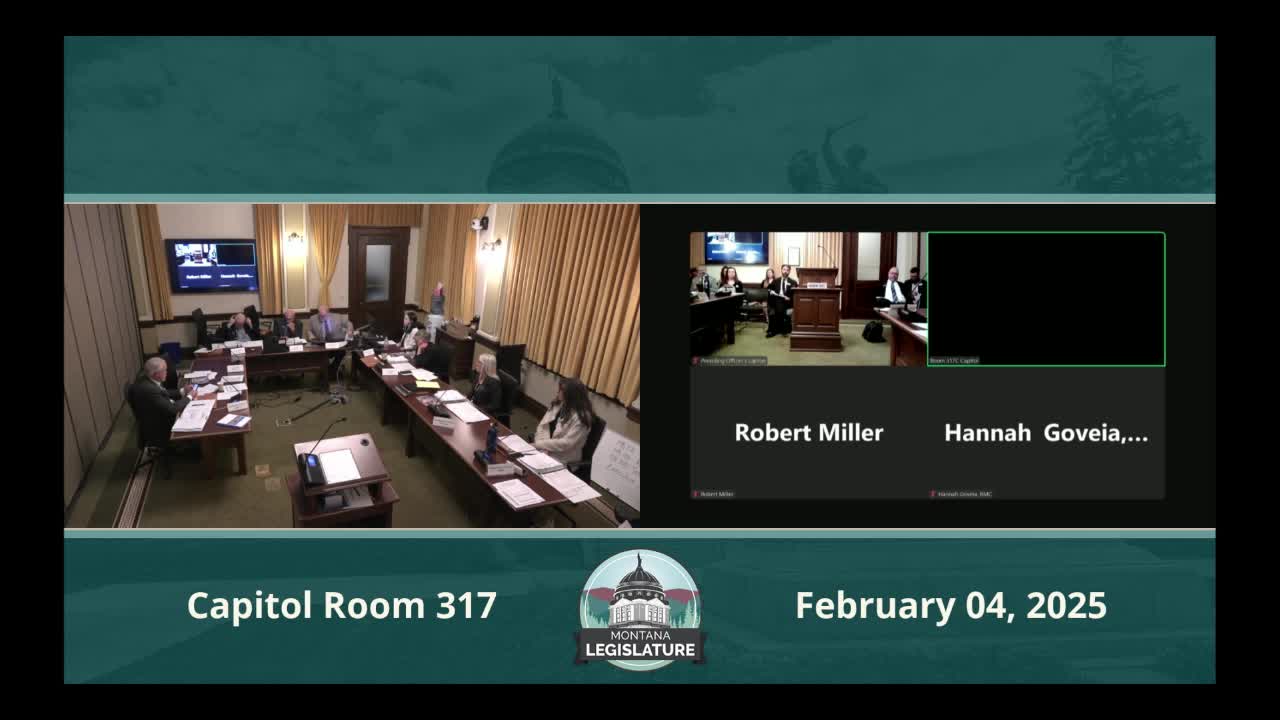
FWP asks legislature to approve fleet, aircraft and maintenance proprietary rates and explains "modified positions" accounting
